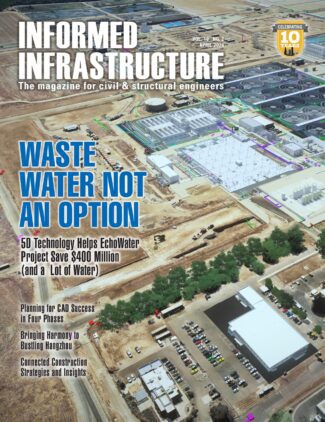Europe is contributing to the UN's Global Geodetic Reference Frame (GGRF) by developing a platform for exchanging information and expertise.
The creation of a new UN-GGIM: Europe working group, GRF- Europe will connect a range of stakeholders and act as an intergovernmental link whilst also promoting the sharing of open geodetic data and common standards as well as fostering capacity building where needed.
In doing so, it will provide a link between the geospatial community, including EUREF the International Association of Geodesy Reference Frame Sub-Commission for Europe, scientists and policy makers.
The UN General Assembly urges the sharing of geospatial data to benefit people and the planet, explains GRF-Europe Working Group Leader, Markku Poutanen from Finland.
Accurately measuring the shape, rotation and gravitational field of planet Earth is vital for monitoring changes in the continents, ice caps, oceans and atmosphere and the UN recognises the importance of a globally“coordinated approach to geodesy. However, more detail is required at regional level.
Our aim is to provide a common forum for those involved in maintaining and enhancing national geodetic infrastructures throughout Europe, as well as the users of this data. Not only will this help to avoid duplication, but we believe working under a UN mandate will enable multilateral collaboration among organisations that do not have technical expertise or hold political or economic power of their own.
UN-GGIM's GGRF Working Group was tasked with drafting a roadmap to be completed in 2016. GRF- Europe will coordinate the region's contribution.
The GGRF aims to change from the current system, where contributions to the development of the global geodetic reference frame are undertaken on a ˜best efforts' basis, to one where they are made through a multilateral collaboration under a UN mandate.
For more information, please visit www.un-ggim-europe.org.

